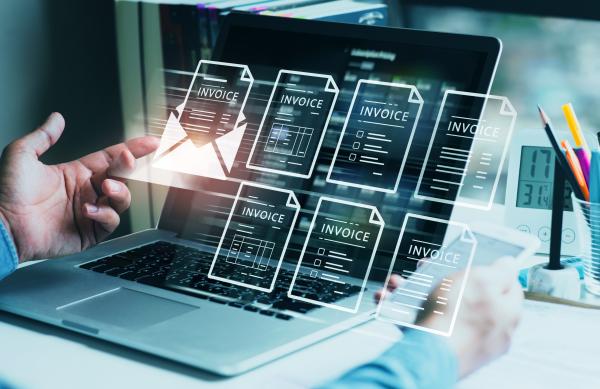
Electronic invoicing: promoting e-invoicing across UK businesses and the public sector
The ATT has responded to a joint consultation by HMRC and the Department for Business & Trade on Electronic invoicing: promoting e-invoicing across UK businesses and the public sector.
The consultation explores views on:
- Standardising electronic invoicing (e-invoicing) and increasing its adoption across UK businesses and the public sector.
- How different e-invoicing models might integrate with the systems and the needs of businesses and their customers businesses.
- Different models and levels of government involvement for e-invoicing adoption, considering both voluntary and mandated approaches.
- The support required for the successful adoption and implementation of e-invoicing.
As a tax body, the ATT’s response does not address some of the commercial questions posed, but key themes from our response include:
- We support the transition to e-invoicing and recognise the potential benefits. With over 130 countries already implementing or planning to implement e-invoicing structures and standards, it is essential for the UK to take action now to ensure it does not fall behind.
- The UK should take the opportunity to learn from other countries’ experiences.
- The UK should continue with voluntary adoption of e-invoicing, followed by a phased mandatory rollout.
- To drive voluntary adoption, the Government must reduce barriers, support SMEs with low-cost solutions, and collaborate with software providers and businesses.
- The UK should adopt a single e-invoicing standard aligned with international frameworks such as Pan-European Public Procurement Online (PEPPOL).
- Real-time reporting is not appropriate at this stage. A successful e-invoicing rollout must prioritise building the right infrastructure.
- Clear communication from the Government is essential. An e-invoicing roadmap setting out a long-term vision, realistic implementation timelines, and a firm commitment to delivery would help businesses to prepare and plan.















